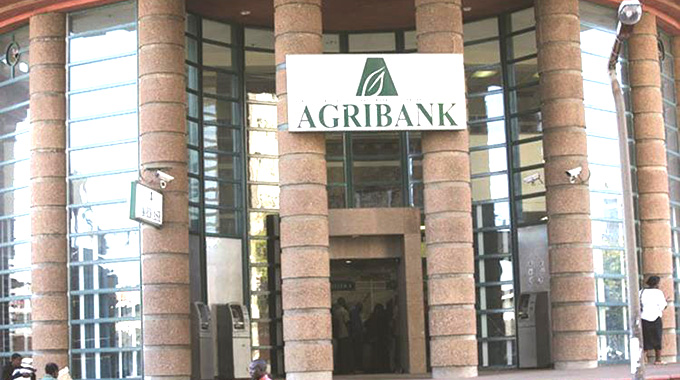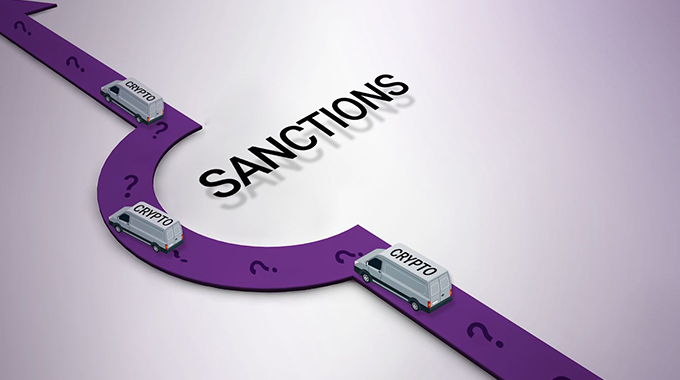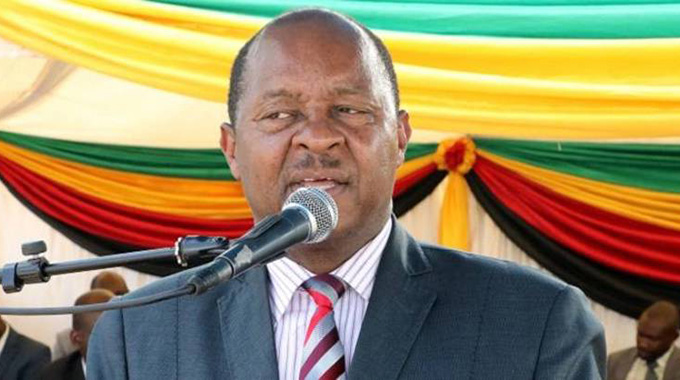Unpacking the ‘targeted sanctions’ farce

Nobleman Runyanga Correspondent
On October 3, 2019 the United States Embassy in Harare tweeted a quote from Assistant Secretary for the US Department of State’s Bureau of African Affairs, Tibor Nagy, shamelessly claiming that, “we do not, repeat, do not, have sanctions against the country of Zimbabwe. We have sanctions against certain individuals & corporations . . .”
This was an attempt at dismissing the outcry from Zimbabwe and other African countries’ growing outrage and calls for the removal of the sanctions.
Given that the punitive measures have been in place since 2003, following the enactment of the Zimbabwe Democracy and Economic Recovery Act (ZIDERA) in 2001, it is becoming clearer by each passing year that the sanctions, while sold to the world as targeting mostly some senior ZANU-PF members and Government officials, are affecting ordinary people the most, especially the rural poor.
It’s the economy
America and its Western allies knew that Zimbabwe’s economy is based on agriculture. The sector contributes 17 percent of the country’s Gross Domestic Product (GDP). It is for this reason that the US placed the country’s key agricultural funder — Agribank — on its sanctions list so that that it would be hindered from performing the task of financially sustaining agriculture as did its predecessor, the Agricultural Finance Corporation (AFC), during the colonial era.
The constrained nature of Agribank between 2003 and 2016 left the country with over 300 000 resettled families sitting on land which they could not fully utilise owing to lack of affordable funding. In other words, sanctions impoverished resettled farmers who were sitting on land which was supposed to significantly improve their livelihoods through agriculture and America lied to the world that its sanctions were targeted and smart.
The country’s manufacturing sector sourced 60 percent of its raw materials from agriculture which at its peak employed 60 percent of Zimbabweans. The coming in of sanctions, therefore, marked the onset of the sorry state of Zimbabwe’s manufacturing sector which has thrown into the streets hundreds of thousands of workers and breadwinners who supported millions of family members in both rural and urban areas and America and her allies claim that the sanctions are targeted.
In most economies across the globe, state enterprises or parastatals play the role of filling the gap left by private enterprise in providing goods and services which are affordable, especially to the poor, and Zimbabwe is no different. They provide safety nets to the ordinary people who cannot afford goods and services provided by most private companies. They complement private business.
In Zimbabwe, parastatals contributed 14 percent of Zimbabwe’s GDP at their peak, and they constituted up to 40 percent of the economy. Parastatals depend on foreign loans for their capital expenditure, but this source of funding has been closed by America whose Office of Foreign Assets Control (OFAC) which suffocates and frustrates trade with companies and countries placed under US sanctions. This has left most of them struggling financially, paralysed and incapacitated to perform their socio-economic role which affects millions of poor people in society, yet the US insists that sanctions are targeted.
OFAC
America’s sanctions on Zimbabwe operate using travel restrictions on individuals, and OFAC which monitors transactions denominated in the United States dollar (USD) for possible infringement of sanctions. This means that there are serious consequences for violators. In 2017, CBZ Bank was fined US$385 million by OFAC for handling some transactions on behalf of ZB Bank which was under sanctions at the material time.
Other economic sectors which were affected by OFAC are parastatals such as the Industrial Development Corporation (IDC). IDC had interests in companies such as Olivine Industries, Sable Chemicals, Chemplex Corporation and Zimbabwe Fertiliser Company (ZFC). The industrial group suffered at the hands of OFAC in 2013 when it secured a US$2 million loan from the PTA Bank for plant rehabilitation and raw materials for Olivine which OFAC seized.
IDC lost in excess of US$20 million in OFAC seizures. The American body froze US$5 million for ZFC which affected Zimbabwe’s agricultural production. When the IDC secured an US$18 million loan from IDC of South Africa the creditor only disbursed half the amount fearing attracting OFAC’s ire.
Even the Small and Medium Enterprises Development Corporation (SMEDCO), through which Government funds the activities of most small businesses to enable retrenched workers to support their families through enterprise, had its US$3 million blocked by OFAC.
Lines of credit
Economies such as Zimbabwe’s cannot operate without access to foreign lines of credit. Even Zimbabwe’s telecommunications billionaire, Strive Masiyiwa, whom Americans hold in high regard has not been spared. In order to finance his companies’ operations, he had to turn to China and the Afreximbank.
“When sanctions hit the country, every credit line disappeared. You could not talk to anyone, they were shutting down. For us as a business, there was one institution that remained and it was Afreximbank,” he is on record as saying.
American politician Chris Coons admitted to CGTN, the Chinese TV network, that “as long as there are significant sanctions by Western countries on Zimbabwe, that raises both direct and indirect challenges for them (Zimbabwean authorities) . . . it makes it harder for them to access capital, to attract the sort of interest and engagement that would revive the Zimbabwean economy.” In spite of all this, America unashamedly claims that sanctions are targeted.
Banking system paralysis
The livelihood of a nation depends on its economic and financial systems such as its banking sector. This is the reason why the American government even targets correspondent banks to Zimbabwean financial institutions to strangle any international payments which the country may have to make or benefit from.
The late founding leader of the MDC, Morgan Tsvangirai’s son, Richard Tsvangirai, was barred from opening a bank account in China with the Industrial and Commercial Bank of China Limited (ICBC) because his country of origin is under sanctions.
A story of a Zimbabwean couple based in the UK who had their transfer of US$30 000 for a property in Chinhoyi blocked by the US in 2011, because the Chinhoyi Municipality’s bankers, ZB Bank, was then on the sanctions list is told and the US continues to lie that the sanctions do not affect everyone.
It all comes down to the man on the street
Although the US insists that its sanctions are targeted, it is clear that it is the ordinary person in Makokoba, Nkankesi or Dotito who is bearing the brunt of the punitive measures.
Zimbabwe is currently grappling with a serious food shortage with about 7 million people facing starvation. Yes, the agricultural season was affected by drought, but if the country was not under sanctions, Government could fully utilise its potential to irrigate over two million hectares to ensure food security. Government has been doing its best through programmes such as the Command Agriculture initiative and the Presidential Well- Wishers Input Scheme, but due to funding challenges the efforts end up spreading too widely and too thinly across the country affecting their effectiveness.
Sanctions have increased poverty levels among Zimbabweans. According to the United Nations (UN), in 2011, 72,3 percent of all Zimbabweans were considered poor, whilst 62,6 percent of households in Zimbabwe were deemed poor. Poverty is more prevalent in rural areas compared to urban areas with about 76 percent of the rural households considered poor compared to 38,2 percent of urban households. The situation is even worse now, yet the US insists that its sanctions are only affecting a few targeted individuals
When all is said, the sanctions are violating basic human rights by directly causing hunger and poverty in Zimbabwe.
In other words, the US and its Western allies are targeting ordinary Zimbabweans under the guise of targeting a few individuals and the economy to press them into revolting against their Government, thereby providing an opportunity to unseat ZANU-PF and replace it with a pliant puppet administration which would reverse the land reform programme.
.







Comments